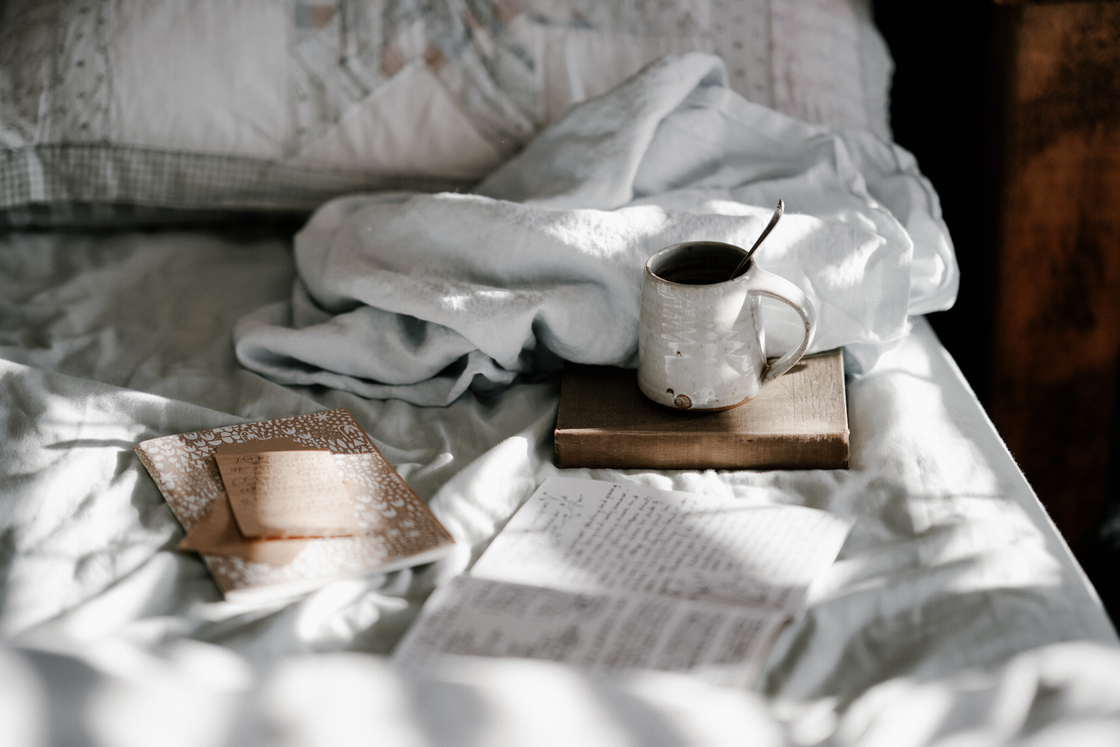If you find that sleep is eluding you, then you are very much, not alone. Around 30% of people have trouble falling asleep. If you are struggling to fall asleep, waking up in the middle of the night, or are just feeling tired a lot, then here are some top tips to help you get back to dreamland.
1. Review your Routine
Humans are creatures of habit. We fall into routines, and then we stick with them, even if they aren’t doing us any good. So take some time and map out your day. Take note of the things you might be doing that will make it harder to go to sleep. A sleep diary can help with this. Here are a few of the most common offenders
Caffeine
When do you have your last caffeinated beverage of the day? It can continue to affect you for around 6 hours after you drink it. If you’re sensitive to caffeine, the effects can last even longer than that.
Alcohol
A nightcap might help you drop off, but it will stop you from falling into a deep sleep. If you drink before bed, you are more likely to wake up in the night.
Late Dinner
Your last meal of the day should be at least two hours before you go to bed. It can also be a good idea to avoid any foods that give you indigestion as this can wake you in the night and make it harder to drop off, to begin with
Screen Time
We all know that lookings at our phones before bedtime is a bad idea. The light of your phone screen stops your body from shutting off for the night. Your phone should be out of reach for an hour before bed.
Activity
Are you active during the day? If you can’t sleep, it might be that you need to get moving a little more. Doing exercise during the day promotes sleeping at nighttime.
Stress
You’re never going to eliminate all stress from your life. But, stress will indeed stop you from sleeping. So try to reduce your stress in the run-up to bedtime. This means avoiding ‘big’ conversations, work, the news, and social media in the hour or two before you call it a night.
2. Have a Sleep Strategy
If you can’t fall asleep, either at the start or in the middle of the night, what do you do? Do you have a plan? If not it’s time to get one. Just knowing that you have some strategies to try can reduce the anxiety of not sleeping, and in itself that can help you drop off. Here are a few things you can try.
Mindfulness Meditation
Lie quietly and simply focus on your breathing. Allow your thoughts and feelings to flow through you. Just keep drawing your focus back to your breath.
Progressive Muscle Relaxation
Focusing on relaxation is a great way to wind up in the land of nod. This technique can help you get there. First, find a comfortable position. Then start from your feet. Tense your feet as tightly as you can for a count of ten. And then release all the tension. Next move up to your legs, tense, hold release. Slowly work your way up your body until your whole body is fully relaxed.
Challenge Negative Thoughts
For most of us, there are a few recurring negative thoughts that float around us like ghosts when we’re trying to sleep. Try to have a firm and definite answer for yours. For example, if you always find yourself thinking “I’m never going to get to sleep, it’s pointless even trying”. Instead, tell yourself “I have things to try, if I keep trying, I’ll find a way to get past this.”
3. Practice Sleep Sanitisation
It might sound like a terrifying concept, but it’s nothing to be afraid of. Sleep sanitisation is the idea that you make your bedroom a space that is only for two things - sleep and sex. This means you don’t do anything else in your room. You don’t read your phone. You don’t work. You don’t read. You don’t watch TV.
You make your bedroom a relaxed and quiet space. Keep the room dark. Remove any clocks. If you find yourself tossing and turning in bed, then get up for a while before you try again. The idea is that you are training your brain to sleep when you are in your bedroom.
So, just three easy-to-implement and straightforward sleep hacks that really can make a difference to your sleep. So, by the time lights-out comes tonight, you’ll be safe in the knowledge that you have the tools you need to fall asleep faster.



